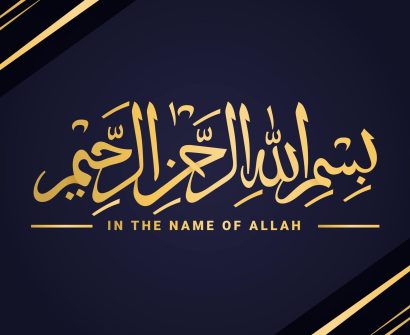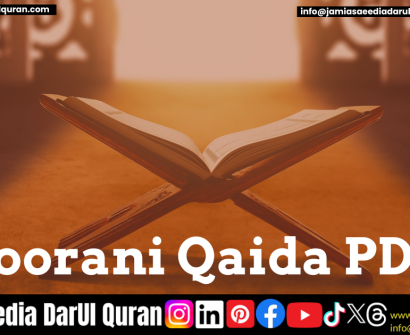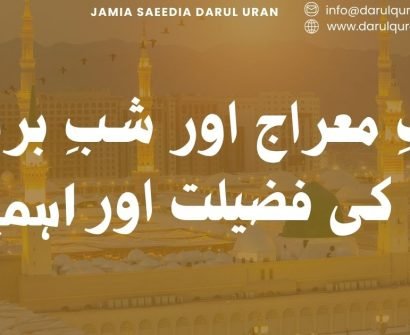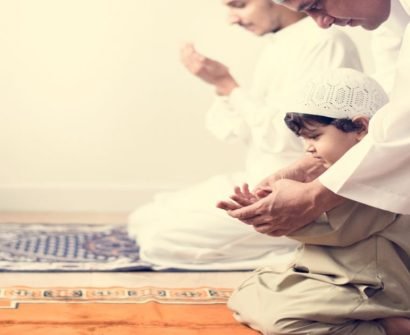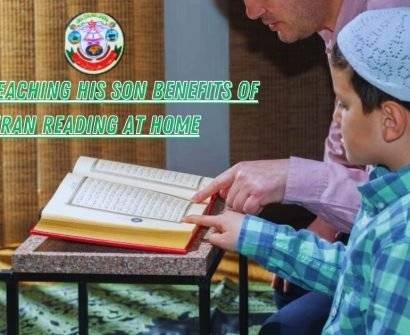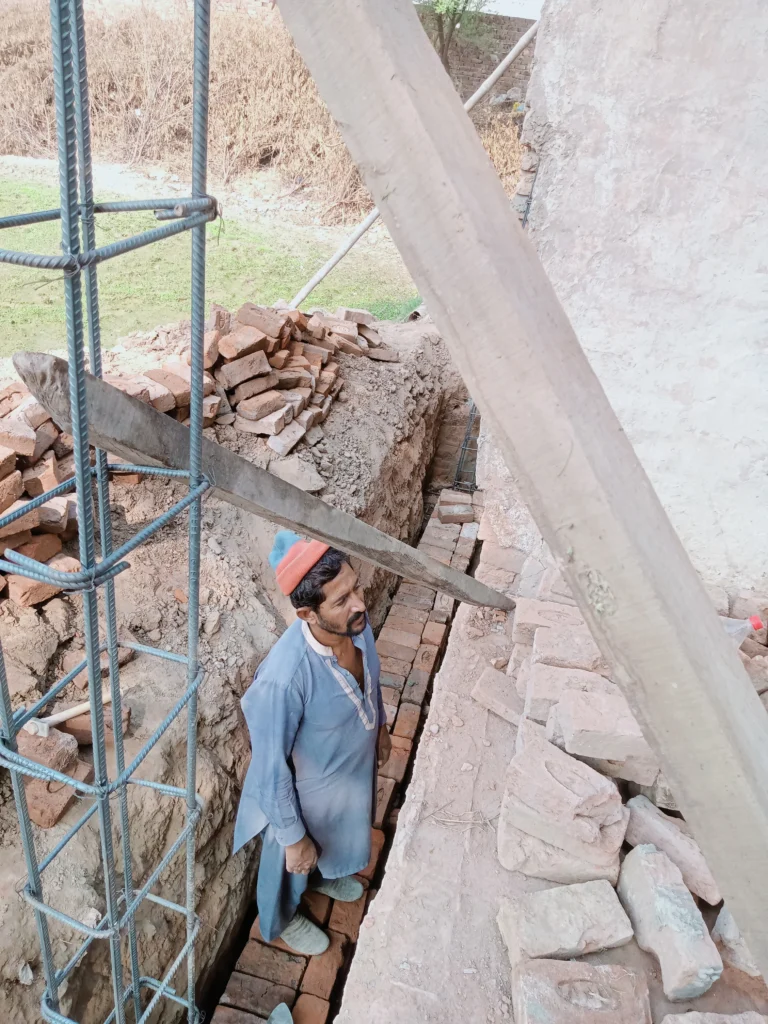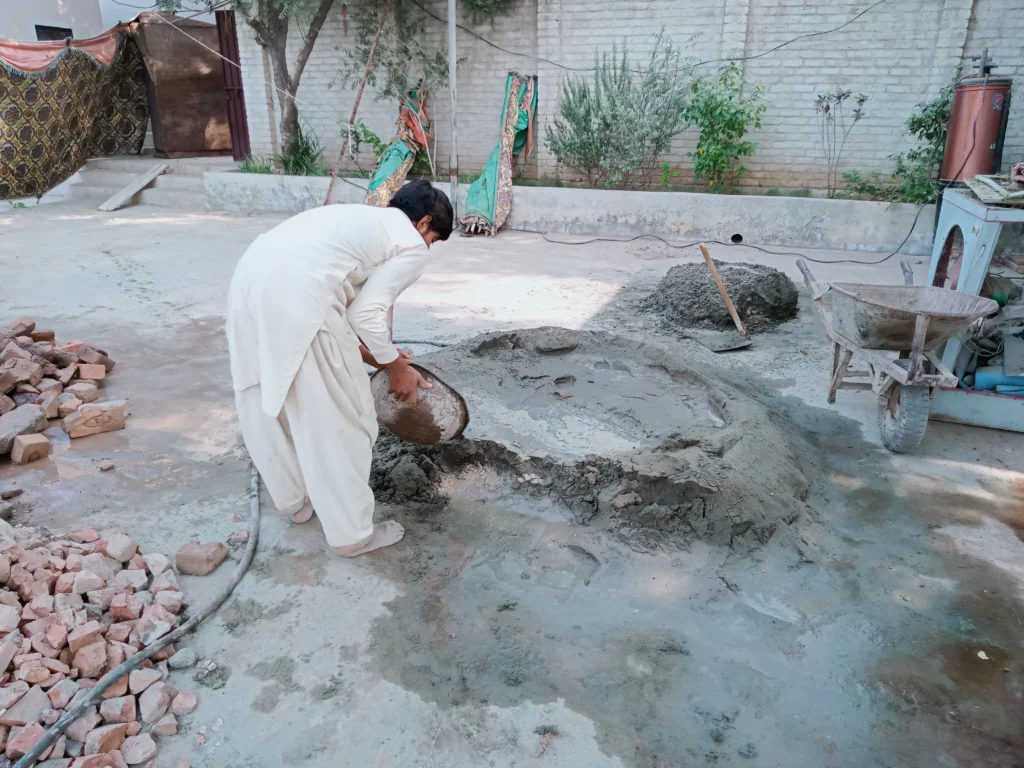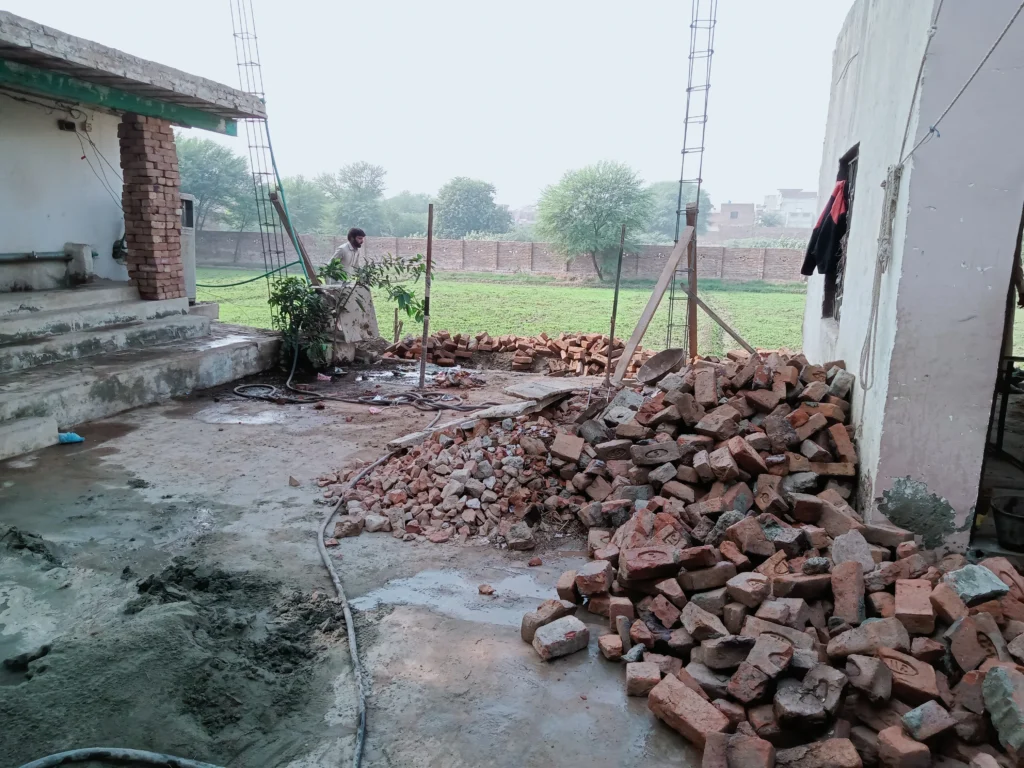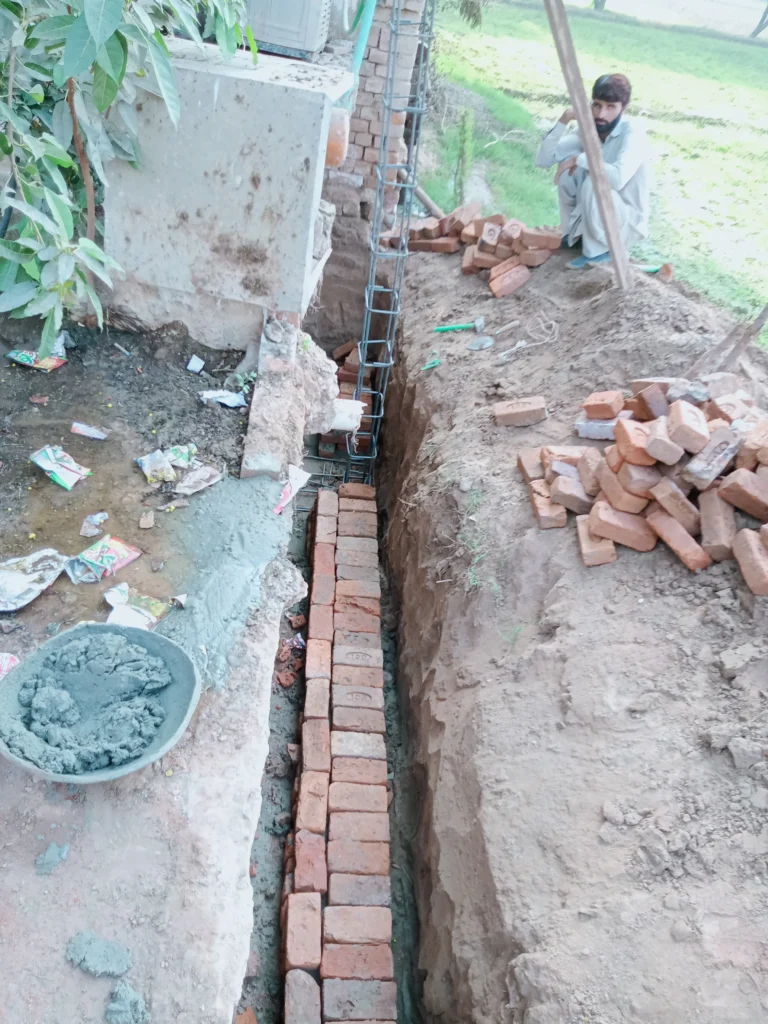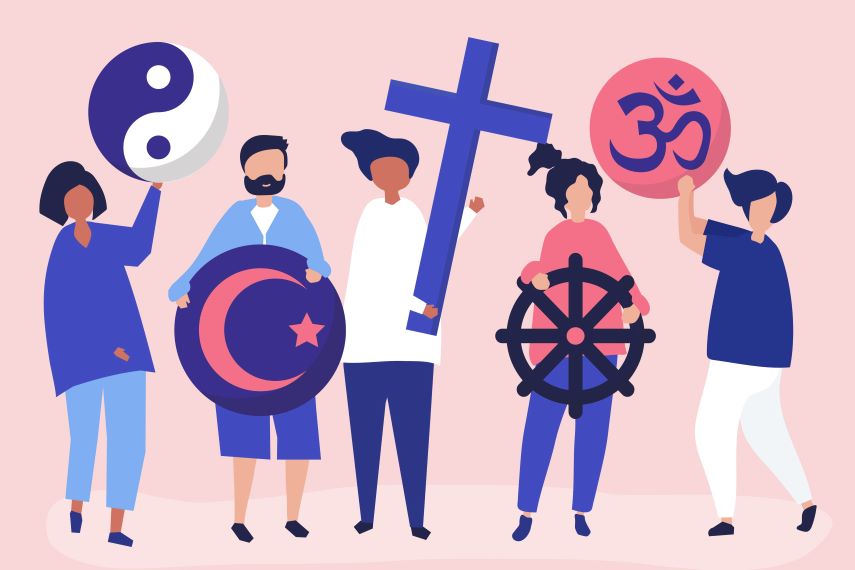
In our interconnected and globalized world, the presence of diverse religious beliefs is more visible than ever. From the rituals of Buddhism in Southeast Asia to the mosques of the Middle East, churches in the Americas, temples in India, and synagogues across Europe, religious expression is deeply woven into the fabric of human culture. But while religion is personal, religious diversity is collective — it refers to the coexistence of multiple spiritual traditions within a society or across the globe.
Understanding what religious diversity is, and why it matters today, is essential not just for spiritual leaders or scholars, but for anyone who wants to live peacefully, work cooperatively, or engage thoughtfully with others in a pluralistic world.
What Is Religious Diversity?
Religious diversity refers to the presence of multiple religions and belief systems within a specific region, community, or society. This includes major world religions like Christianity, Islam, Hinduism, Buddhism, Judaism, and Sikhism, as well as indigenous beliefs, newer spiritual movements, and those who identify as non-religious.
It is not limited to the existence of different religions, but also encompasses diversity within religions, such as the denominations in Christianity, sects in Islam, or schools of thought in Buddhism and Hinduism. Religious diversity acknowledges these variations as real, significant, and worthy of understanding and respect.
Why Does Religious Diversity Matter Today?
In an era when cultural and religious identities are both sources of pride and points of tension, religious diversity plays a crucial role in shaping how societies function. Here’s why it matters:
1. Fosters Mutual Respect and Tolerance
Exposure to religious diversity challenges stereotypes and fosters greater understanding and tolerance. It forces individuals to move beyond generalizations and see the human being behind the label. When people of different faiths engage with each other sincerely, mutual respect and understanding grow. Respect doesn’t mean agreeing on everything — it means recognizing another’s right to believe and practice differently.
2. Encourages Peaceful Coexistence
Many conflicts around the world have religious dimensions. While religion itself is often not the root cause, it can be manipulated for political or social ends. Promoting understanding among different religious communities can help prevent or reduce tension and facilitate the peaceful resolution of differences. When we acknowledge diversity as a strength rather than a threat, we build more resilient, inclusive communities.
3. Enriches Cultural and Spiritual Life
Each religion carries centuries — sometimes millennia — of wisdom, art, ethics, and spiritual insight. Religious diversity allows societies to benefit from the moral teachings, rituals, and practices of multiple traditions. From music and literature to holidays and public celebrations, diverse religious expressions enrich and deepen our shared cultural experience.
4. Prepares Us for a Global Society
Globalization means that people from diverse backgrounds are increasingly living, working, and studying together. Whether in business, education, healthcare, or government, understanding religious diversity helps individuals navigate diverse environments more effectively. It also enhances communication, reduces cultural missteps, and builds trust across communities.
5. Strengthens Democratic and Ethical Values
Societies that embrace religious diversity often promote values like freedom of conscience, human rights, and social justice. Recognizing and protecting religious freedom is a cornerstone of democratic governance. It also reminds us that unity doesn’t mean uniformity — a healthy society includes a wide range of voices and beliefs.
The Challenges of Religious Diversity
Of course, religious diversity also presents challenges:
- Misunderstanding and fear can lead to prejudice, discrimination, or even violence.
- Religious exclusivism may lead some to reject or demonize others.
- Balancing secularism and faith in public life is often contentious.
These challenges underscore the necessity of education, dialogue, and policies that safeguard both freedom of religion and freedom from discrimination.
What Can We Do?
Here are some ways individuals and communities can promote harmony in religiously diverse settings:
- Educate yourself about different religions through reading, travel, or dialogue.
- Attend interfaith events or visit places of worship with respect and an open mind.
- Challenge stereotypes when you encounter them, and refrain from making assumptions.
- Encourage the use of inclusive language and practices in schools, workplaces, and community spaces.
- Support policies that uphold religious freedom and protect the rights of minorities.
Conclusion
Religious diversity is not a modern invention — it has existed for centuries. But in today’s world, it has become more visible, more complex, and more critical to engage constructively. Whether you’re a student, parent, professional, or policymaker, understanding and valuing religious diversity is essential for living ethically and compassionately in our shared world. When approached with humility and respect, Religious Diversity and Interfaith Dialogue become powerful tools for peace, learning, and shared human dignity. They remind us that while our paths may differ, our desire for meaning, justice, and belonging is something we all hold in common.




